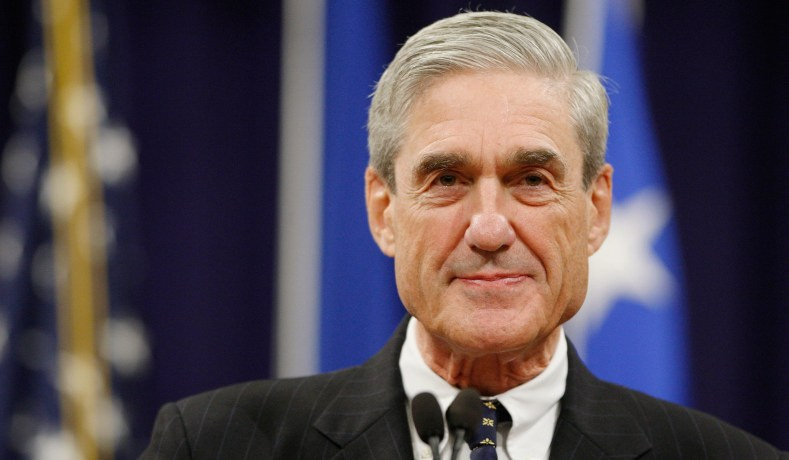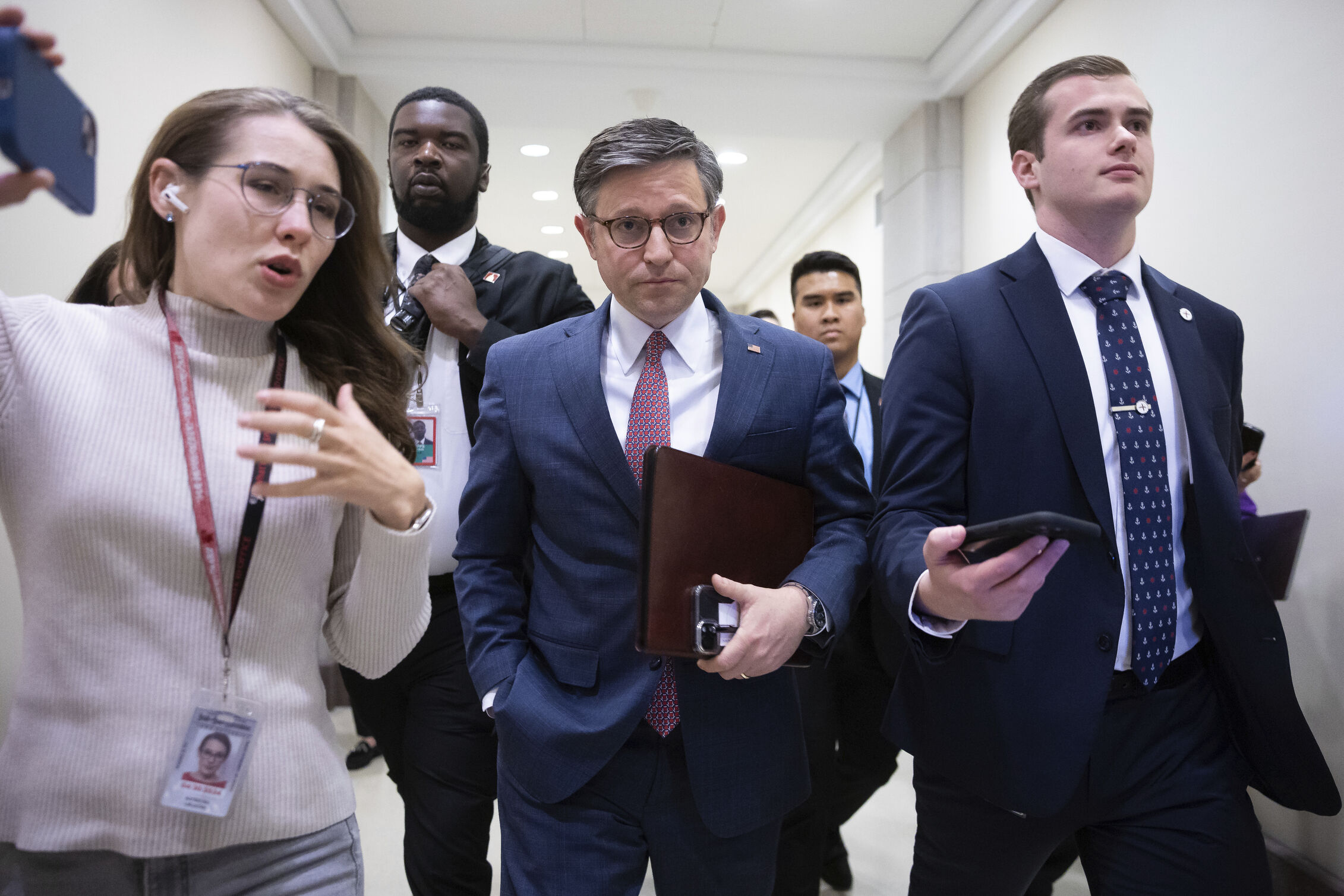Trust and Disclosure in Special Prosecutor Investigations
President Trump’s attorney general nominee William Barr says he has the “the utmost respect” for Special Counsel Robert Mueller, but during his confirmation hearings he would not pledge to release any report produced by Mueller’s office. Some see an inconsistency. They’re wrong.

Published by The Lawfare Institute
in Cooperation With

President Trump’s attorney general nominee William Barr says he has the “the utmost respect” for Special Counsel Robert Mueller, but during his confirmation hearings he would not pledge to release any report produced by Mueller’s office. Some see an inconsistency. They’re wrong.
Consider the rationale for appointing outside prosecutors in the first place. In run-of-the-mill criminal investigations and prosecutions, Justice Department personnel ignore public opinion. They even take pride in doing so. Attorney General (and future Justice) Robert H. Jackson said in 1940 that federal prosecutors enforce the law impartially and “let[] the chips fall in the community where they may.” Justice is blind.
The blindfold may get removed, though, when a case raises a conflict of interest. When the Justice Department investigates the president or those around the president, citizens may suspect a whitewash: How can you impartially investigate somebody who can fire you at will? The skepticism may be groundless; in any given case the attorney general, if left in charge of the investigation, might perform with scrupulous professionalism. But the appearance of a conflict of interest, and the resultant distrust on the part of the public, can be as corrosive as an actual conflict. At least, that’s the theory.
Historically, the solution has been for the administration to delegate the task to an outsider known for probity. “[M]y first purpose is to do exact justice in these matters,” President Theodore Roosevelt said when he appointed a special prosecutor in 1903. “My next is, so far as practicable, to show people that I am doing exact justice....”
Those two goals, doing justice and showing justice, can conflict. Prosecutors, special and unspecial, routinely conclude that wrongdoing and even lawbreaking occurred, but they don’t always prosecute it. The suspected crime may be too hard to prove. Prosecution may not be worth the resources. The wrongdoer may be a repentant and cooperative witness. In such instances, prosecutors ordinarily keep quiet. “[W]e do not hold press conferences to release derogatory information about the subject of a declined criminal investigation,” Deputy Attorney General Rod Rosenstein wrote in 2017, concerning then-FBI director James Comey.
The counterargument is that it takes transparency—showing justice—to assure the public that there’s no whitewash. In high-profile investigations, citizens want to know that justice is being done, impartially and apolitically. That’s what drove Comey’s self-styled “aggressive transparency” in the 2016 investigation of Hillary Clinton’s emails. “[T]his was a case where public interest and public confidence required that we explain what we had learned about Secretary Clinton’s conduct,” he later argued. “The result would have been far less credible and transparent without those details…”
Decades earlier, concerns about transparency spurred Congress to enact the independent counsel provisions in the Ethics in Government Act of 1978. The law required prosecutors to file reports that “fully and completely” described the office’s work and conclusions. Lawrence Walsh and Kenneth W. Starr, among others, operated under this regime. (I was an associate independent counsel in the Starr office.)
Like other provisions of the independent counsel law, the final report requirement provoked criticism. “As a general proposition, a public report is a mistake,” Starr alum Brett Kavanaugh wrote in 1998. “It violates the basic norm of secrecy in criminal investigations, it adds time and expense to the investigation, and it often is perceived as a political act.” Many others weighed in against the report requirement too. Congress let the independent counsel provisions lapse in 1999.
The Justice Department implemented a different system that same year, which remains in force today. It’s not trust-but-verify. So far as the public is concerned, as the department explained in the Federal Register, it’s just trust:
The principal source of the problems with the Final Report requirement as set forth in the Independent Counsel Act is the fact that the Report typically has been made public, unlike the closing documentation of any other criminal investigation. This single fact both provides an incentive to over-investigate, in order to avoid potential public criticism for not having turned over every stone, and creates potential harm to individual privacy interests.
Therefore, these regulations impose a limited reporting requirement on all Special Counsels, in the form of a summary final report to the Attorney General. This report will be handled as a confidential document, as are internal documents relating to any federal criminal investigation.
There may be ways for the attorney general and Mueller to release key findings of the investigation, as I outlined a few months ago. My point here is that the policy governing special prosecutors invariably strikes a balance. It sacrifices one interest in order to safeguard another.
Confidentiality can leave the public distrustful—whereas transparency, the truth commission approach, can lead to injustice for those accused but not charged. Avoiding injustice is usually the dominant concern, but not always. Reassuring the public can be paramount, especially when the president is the focus of the investigation. As President Nixon put it in 1973, “People have got to know whether or not their president is a crook.”
Under the current regulations, the appointment of a special prosecutor is meant to reassure the country that justice is being done. But the public isn’t permitted to make that determination for itself. The Justice Department is showing justice by saying that Robert Mueller is in charge, in other words, while doing justice by not sharing what he finds. It’s a compromise, the effectiveness of which depends partly on whether the public trusts Mueller. Attempts to trash his reputation may backfire on the president and his defenders by strengthening the case for Comey-style aggressive transparency. The cure for public distrust often turns out to be public disclosure.




